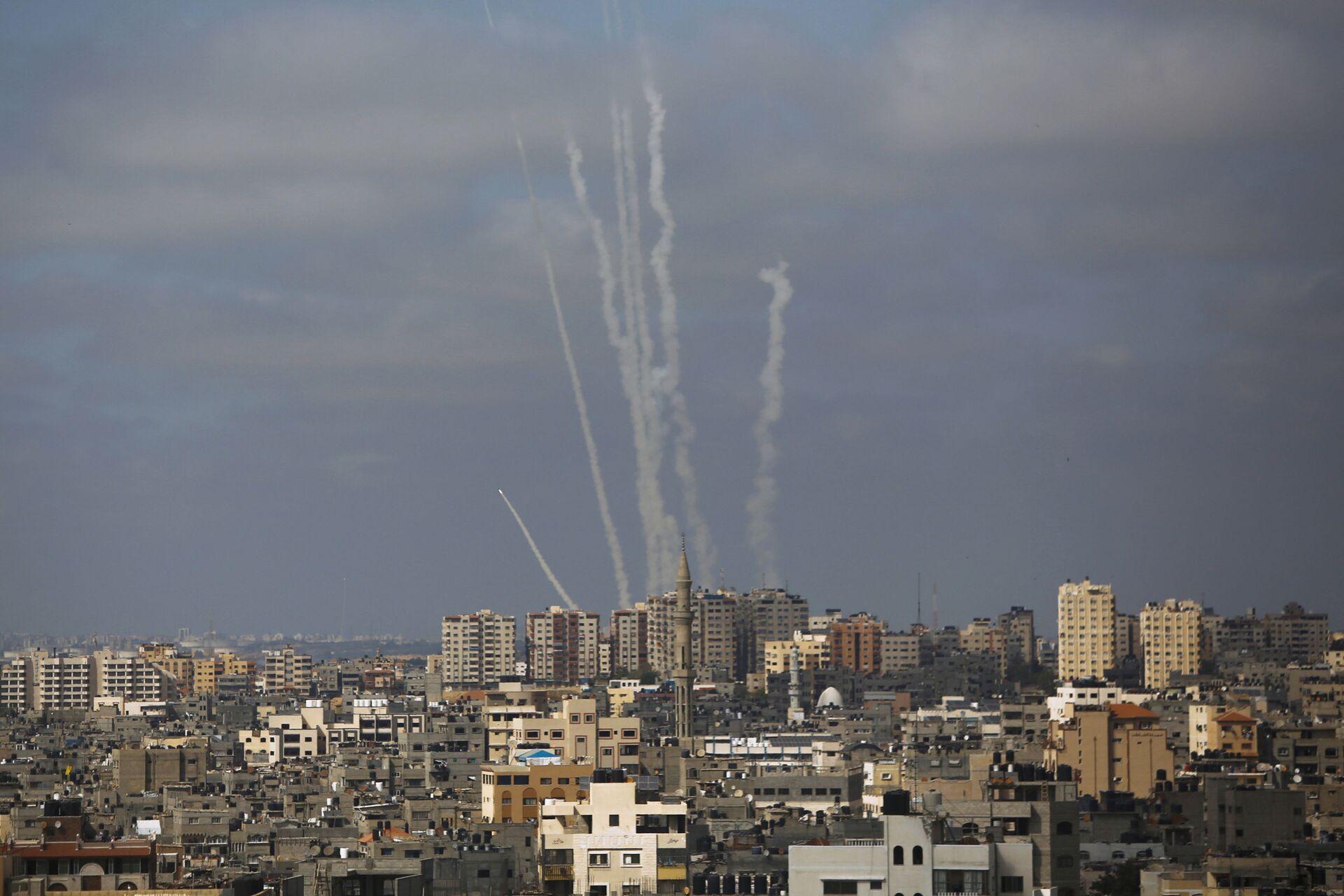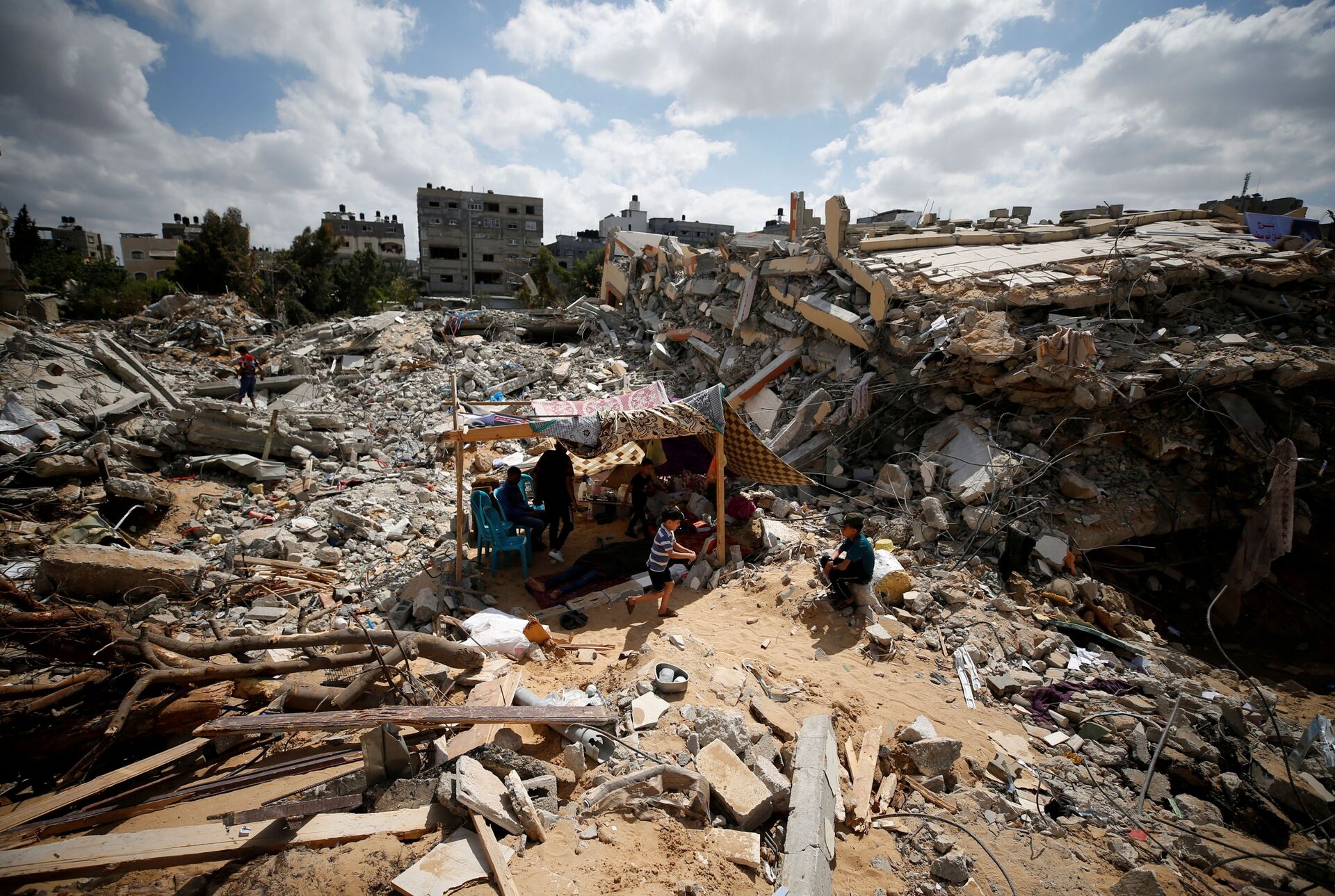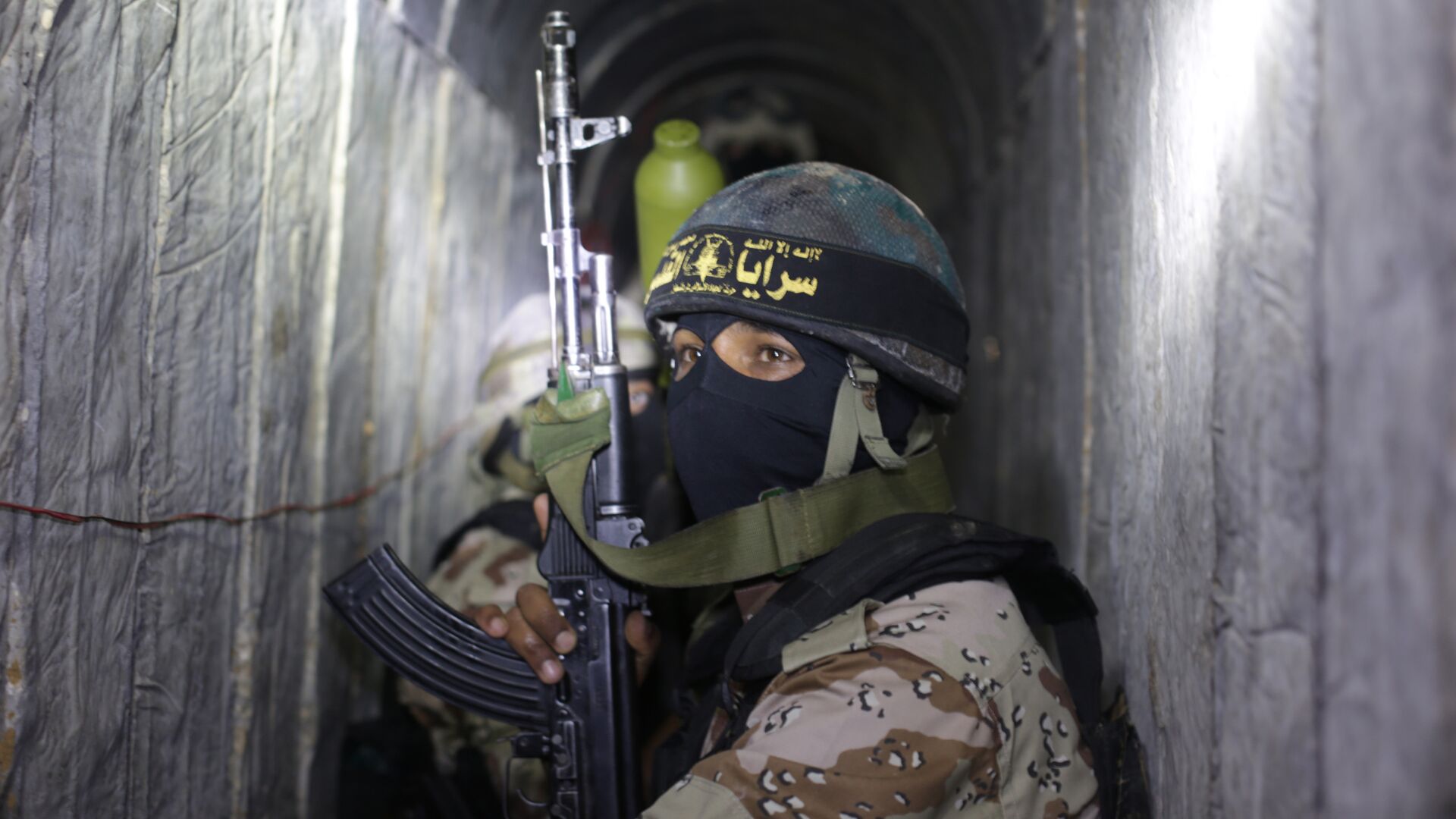As the fragile ceasefire brokered by Egypt last week between Israel and Hamas continues to hold, the head of Palestinian Islamic Jihad Ziyad al-Nakhalah has issued a warning.
"The assassination of any of our commanders or soldiers, wherever it is, will lead us to respond immediately by bombing Tel Aviv," stated al-Nakhalah.عاجل | الأمين العام لحركة الجهاد الإسلامي: أي عملية اغتيال تستهدف مقاتلينا وقادتنا سنرد عليها بقصف تل أبيب
— الجزيرة - عاجل (@AJABreaking) May 29, 2021
The Secretary-General of Islamic Jihad spoke on Saturday, echoing earlier statements made by Iranian Generals.
Commander of Iran's Islamic Revolution Guards Corps (IRGC) Quds Force General Esmaeil Qaani spoke at a ceremony in Tehran where he advised that Israelis to “buy back the houses they sold in Europe, America, and elsewhere, before they become expensive", indicating that it was time they considered leaving Palestinian territories.
"I'd advise all Zionists to go back and repurchase the houses they have sold in Europe, the US, and elsewhere to come to the Palestinian territories before the houses become more expensive than today," stated Qaani.
The General’s remarks were timed to coincide with the 40th day since the death of deputy Brigadier General Mohammad Hejazi and in the wake of the recent 11-day hostilities between Israel and Hamas.
According to the general, the “Palestinian resistance” has shown that the “Zionist regime must think of a time when this land is no longer under their control."

Another top Iranian military chief, the Commander of Iran's Islamic Revolutionary Guard Corps (IRGC) Aerospace Force, Brigadier General Amir Ali Hajizadeh, rejected Israel's military threats against Tehran as "nothing but nonsense".
Hajizadeh claimed that "[even] the besieged Gaza Strip imposed a severe defeat" on Israel, he claimed in an interview with the Arabic-language news channel al-Masirah on Saturday.
Statements by the Iranian Generals feed into the ongoing belligerent rhetoric between the Islamic Republic and Israel that has persisted since the Iranian Revolution in 1979. Tel Aviv has been accusing Tehran of providing weapons to its adversaries, subsequently used to attack the Jewish state.
Tehran, which rejects Israel's right to exist, frequently vowed to destroy it, while Tel Aviv has repeatedly pledged to stop the Islamic Republic from obtaining nuclear weapons and has staunchly advocated against reinstating in full the Joint Comprehensive Plan of Action (JCPOA), or Iran Nuclear deal.
Current talks in Vienna seek to revive Iran’s 2015 agreement with world powers, after the administration of then-US President Donald Trump unilaterally scrapped the deal in 2018.
Israel-Hamas Standoff
Tehran’s warnings come amidst an Egypt-mediated unconditional ceasefire between Israel and the Islamist group Hamas, which ongoing diplomatic efforts are seeking to bolster.
11 days of violence resulted in the death of 254 Palestinians, including 64 children, from Israeli airstrikes.
In Israel, 13 people were killed and at least 50 were seriously wounded.
The escalation of violence occurred on 10 May, triggered by an Israeli court's decision to side with Jewish settlers requesting the eviction of several Palestinian families from their homes in the Sheikh Jarrah neighbourhood of East Jerusalem. Tensions were also fuelled by an Israeli decision to restrict Palestinian worshippers’ access to the al-Aqsa Mosque compound - Islam’s third-most revered site.

The decades-old conflict between the two sides reignited, with the Palestinian militant group Hamas firing rockets at Israel, and the Israel Defence Forces (IDF) retaliating with precision airstrikes.
Since the ceasefire, struck on 20 May, both sides have been claiming victory, with Israel insisting its airstrikes have degraded the military capabilities of Hamas, and the latter touting its "defence of Jerusalem".
Hamas spokesperson Abdel-Latif al-Qanou told Al Jazeera on the 21 May:
“This ceasefire is but a pause, a chance to gain more strength to confront any further Israeli aggression.”


